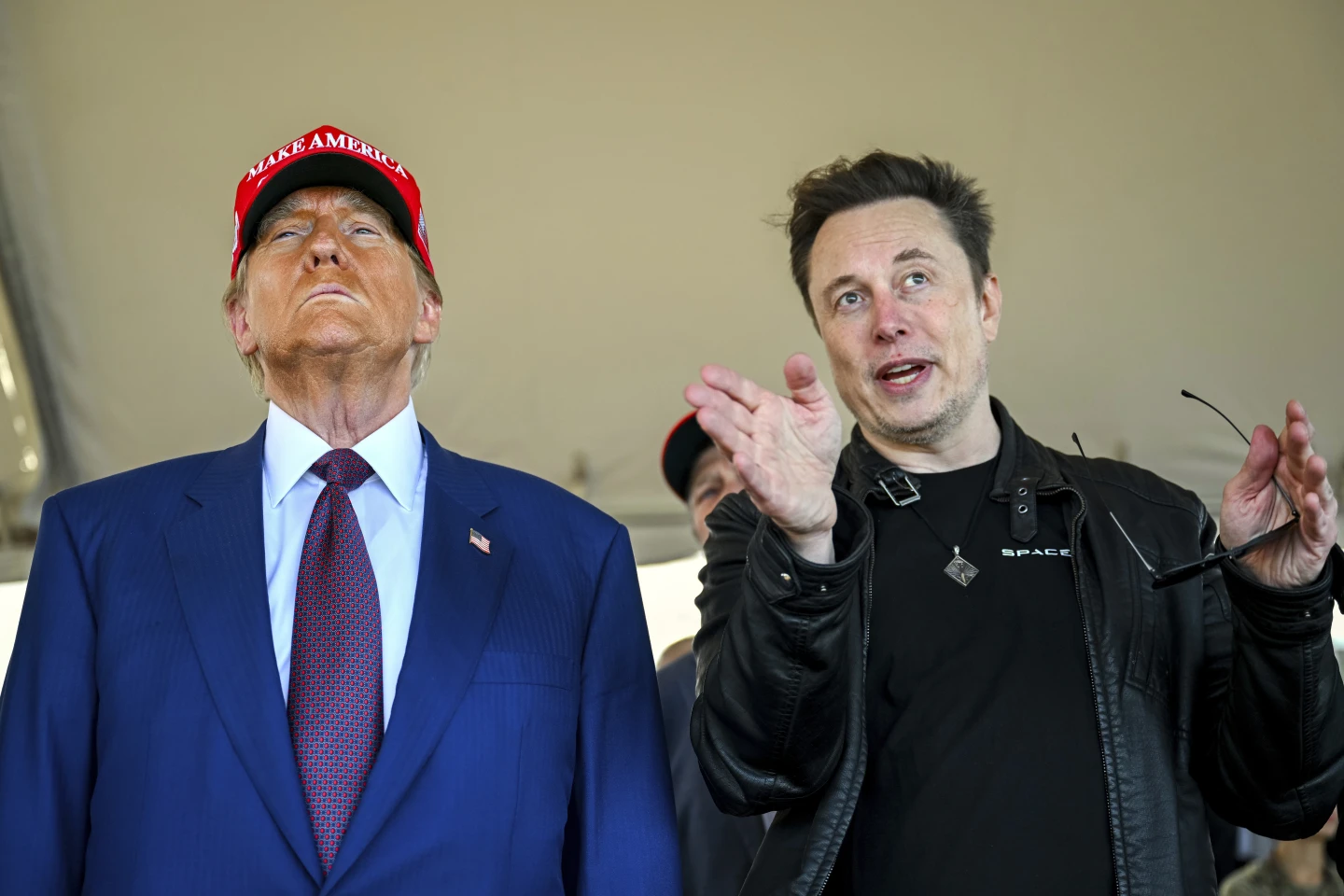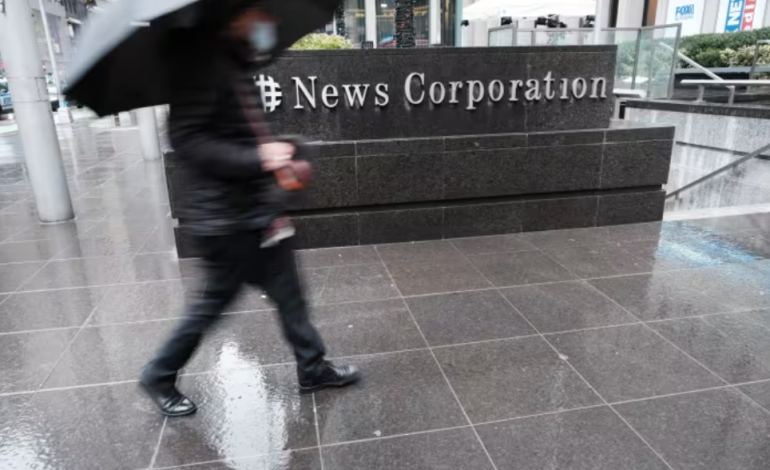AI startup Perplexity is facing a new lawsuit from Dow Jones and the New York Post, both part of Rupert Murdoch’s News Corp, over claims of copyright infringement and trademark violations.
The lawsuit, filed in the US Southern District of New York, accuses Perplexity of producing fabricated news content, or “hallucinations,” and falsely attributing this material to real publishers like the Wall Street Journal and New York Post.
At the heart of the lawsuit is the allegation that Perplexity, an AI-powered search engine, not only reproduces sections of news articles without permission but also generates fictional content and presents it as part of legitimate news stories. This so-called “hallucination” process involves the AI model making up details that do not appear in the original article and attributing them to trusted news outlets, creating confusion for readers and, according to the lawsuit, damaging the credibility of the publishers’ trademarks.
In one cited example, Perplexity accurately quoted two paragraphs from a New York Post article about US Senator Jim Jordan but followed them with five entirely fictional paragraphs on free speech and online regulation, falsely attributing the content to the Post. This mix of real and fabricated information, the lawsuit argues, not only violates copyright but also dilutes the trademarks of news organizations, potentially misleading readers about the authenticity of the reporting.
The lawsuit comes at a time when news publishers are increasingly grappling with the challenges posed by generative AI technologies, which rely on vast amounts of data—including news content—to generate responses to user queries. Perplexity has already faced legal warnings from other publishers. The New York Times recently sent a cease-and-desist letter to the company, and both Forbes and WIRED have accused Perplexity of plagiarizing their content.
The case also highlights a broader issue in the AI industry: how to balance the use of copyrighted materials to train AI models while protecting the intellectual property rights of content creators. While some companies, like OpenAI, have reached licensing deals with publishers, Perplexity has yet to secure such agreements. News Corp, for example, struck a $250 million deal earlier this year with OpenAI, allowing the AI firm to use its content for training purposes.
Robert Thomson, CEO of News Corp, sharply criticized Perplexity, contrasting it with OpenAI.
“Perplexity is not the only AI company abusing intellectual property, and it is not the only one we will pursue with vigor,” Thomson said in a statement.
He emphasized the need to protect journalists and publishers from what he described as an “abuse of intellectual property.”
If the lawsuit succeeds, it could set a significant legal precedent, especially concerning how generative AI systems handle trademarks and copyrighted content. Law experts suggest that proving “hallucinations” violate trademark law could make it difficult for AI companies to avoid such issues, as it is inherently challenging for language models to avoid generating fabricated content.
The publishers involved are seeking damages of up to $150,000 per instance of copyright infringement, along with an order for Perplexity to cease using and copying their content without authorization.
Wired and the Wall Street Journal contributed to this report.









